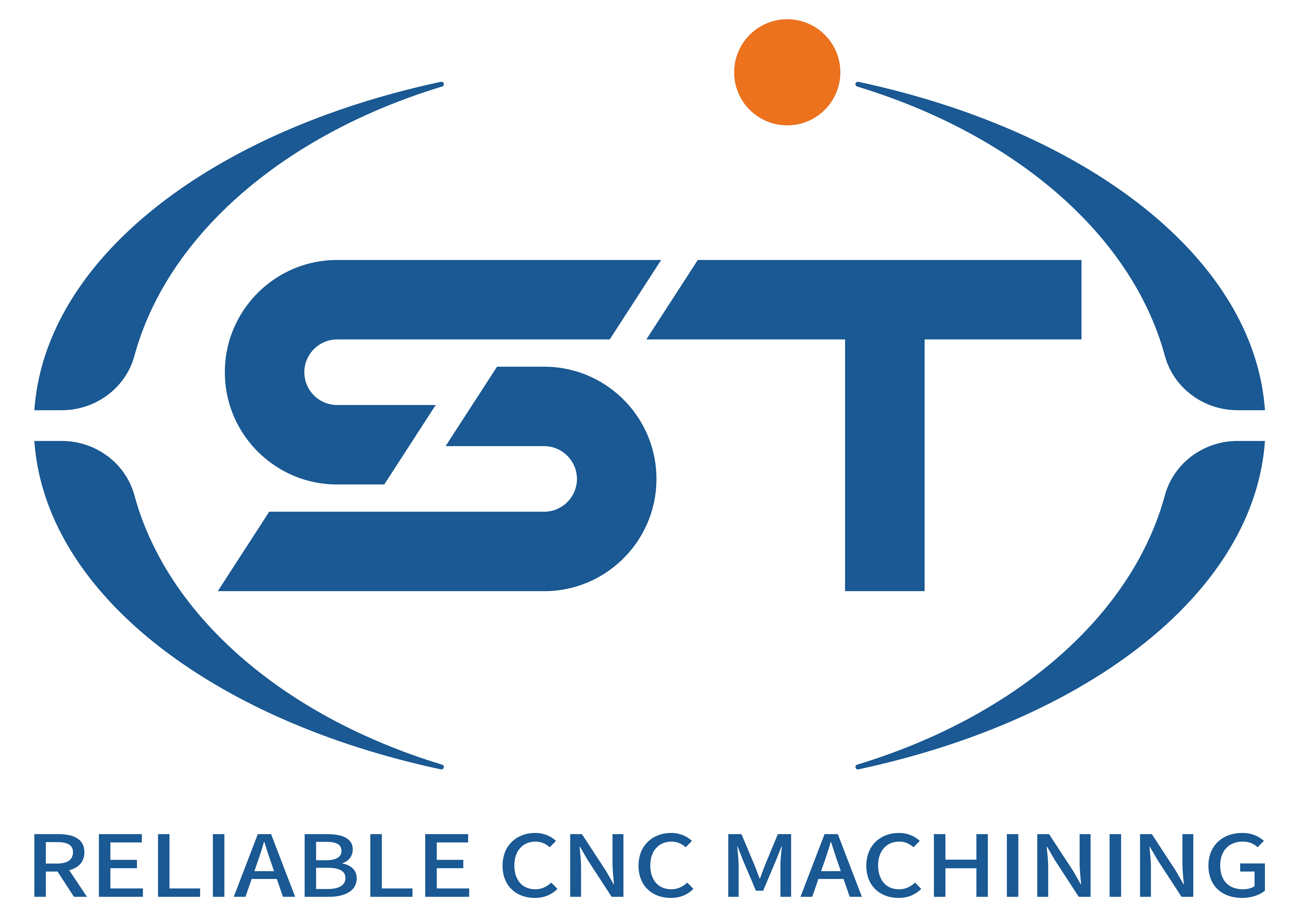Exploring the Core Advantages of CNC-bewerking Diensten
CNC (Computer Numerical Control) machining services have become indispensable in modern manufacturing, offering unmatched precision, efficiency, and versatility. Unlike traditional manual machining, CNC technology automates processes through computer-guided tools, enabling businesses to produce complex parts with minimal errors and faster turnaround times. This article examines the key benefits that make CNC machining a preferred choice across industries, from aerospace to medical device manufacturing.
Inhoudsopgave
SchakelaarUnrivaled Precision and Consistency
One of the most significant advantages of CNC machining is its ability to achieve micron-level accuracy consistently across large production runs. Manual machining relies on operator skill, which can lead to variations in part dimensions, especially when producing intricate geometries. In contrast, CNC machines follow pre-programmed instructions with sub-millimeter precision, ensuring every component meets exact specifications. For example, in the aerospace industry, where components like turbine blades must adhere to strict tolerances to function safely under extreme conditions, CNC machining eliminates human error, reducing the risk of costly rework or failures.
Elimination of Human Error in Repetitive Tasks
CNC systems excel at performing repetitive operations without deviation. Once a program is validated, the machine can produce hundreds or thousands of identical parts with the same level of accuracy. This is particularly valuable in industries like automotive manufacturing, where components such as engine blocks or transmission housings require uniformity to ensure seamless assembly. Manual processes, even with skilled operators, are prone to fatigue-related mistakes over long shifts, whereas CNC machines maintain consistent quality 24/7.
Real-Time Monitoring and Adjustment for Enhanced Quality Control
Modern CNC machines are equipped with sensors and feedback systems that monitor critical parameters like tool wear, temperature, and vibration during operation. If a tool begins to dull or a part shifts slightly, the system can automatically adjust cutting speeds or pause the process to alert operators. This proactive approach minimizes defects and ensures that each part meets quality standards before moving to the next stage of production. For instance, in medical device manufacturing, where components like surgical implants must be free of surface imperfections, real-time monitoring helps maintain biocompatibility and functional integrity.
Flexibility and Adaptability Across Industries
CNC machining services are highly versatile, capable of handling a wide range of materials and part complexities. Unlike dedicated production lines that require significant retooling for different products, CNC machines can switch between tasks by simply uploading new programs. This flexibility makes them ideal for low-to-medium volume production and custom manufacturing, where businesses need to respond quickly to changing market demands or design iterations.
Support for Diverse Materials and Finishes
From soft plastics to hardened metals, CNC machines can process virtually any material with the right tooling and cutting parameters. This capability is crucial in industries like electronics, where components may require a combination of metal (for conductivity) and plastic (for insulation). Additionally, CNC machining allows for precise control over surface finishes, from rough textures for better adhesion to polished surfaces for aesthetic appeal. For example, in the jewelry industry, CNC machines can carve intricate designs into precious metals while achieving a mirror-like finish that would be difficult to replicate manually.
Rapid Prototyping and Design Iteration
CNC machining accelerates the product development cycle by enabling fast and cost-effective prototyping. Engineers can quickly test design concepts by producing physical parts within hours, rather than waiting days or weeks for traditional tooling. This iterative process allows for early detection of flaws or improvements, reducing time-to-market for new products. In the consumer electronics sector, where product lifecycles are short, CNC prototyping helps companies stay competitive by refining designs based on real-world feedback before mass production begins.
Cost Efficiency and Long-Term Savings
While the initial setup cost of CNC machining may be higher than manual methods, the long-term savings are substantial. Automation reduces labor costs, as fewer operators are needed to oversee production. Additionally, CNC machines minimize material waste by optimizing tool paths and cutting strategies, which is particularly important when working with expensive materials like titanium or carbon fiber.
Reduced Labor Costs Through Automation
A single CNC machine operator can manage multiple machines simultaneously, thanks to automated tool changers and programmable work cycles. This efficiency lowers per-unit labor costs, especially in high-volume production environments. For example, a factory producing automotive components can allocate fewer staff to CNC machining cells while increasing output, freeing up human resources for more complex tasks like quality inspection or process optimization.
Lower Material Waste and Higher Yield Rates
CNC machining generates less scrap compared to manual methods because the software calculates the most efficient cutting paths to maximize material utilization. In industries like aerospace, where raw materials account for a significant portion of production costs, minimizing waste directly impacts profitability. Furthermore, the precision of CNC machining reduces the likelihood of defective parts, improving overall yield rates and reducing the need for costly rework or material replacements.
By combining precision, flexibility, and cost efficiency, CNC machining services empower businesses to innovate faster, reduce operational risks, and deliver high-quality products consistently. Whether producing prototypes or large-scale batches, the advantages of CNC technology make it a cornerstone of modern manufacturing across diverse sectors.




